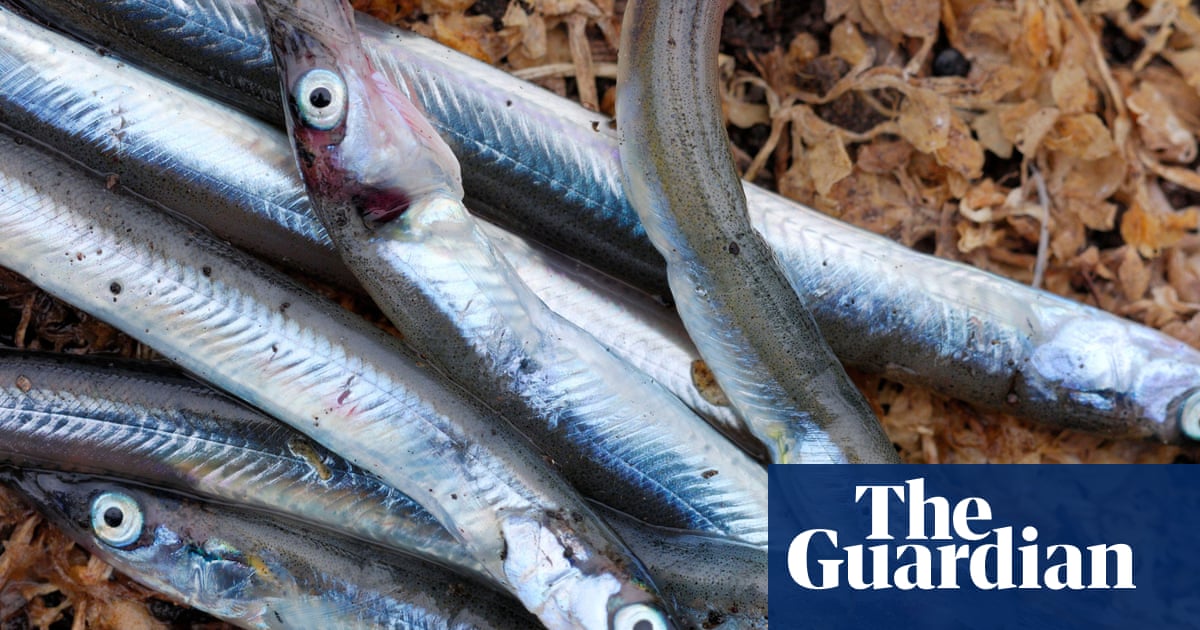A ban on fishing for sand eels in UK waters will remain in place despite a legal challenge from the EU.
The small, silvery eels make up the bulk of the diet of seabirds, but they are fished for commercial pig food. A lack of sand eels means seabirds such as puffins can starve to death.
After the UK left the EU, the previous Conservative government banned European countries from fishing for sand eels in British waters.
The EU took the UK to court over the decision in order to support Denmark, which has the largest sand eel fishing fleet. Lawyers argued ministers did not consider the “economic and social” effects of the ban. They used the dispute settlement mechanism of the EU-UK trade and cooperation agreement to contest the ban.
The ruling found the decision to close Scottish waters to sand eel fishing was fully upheld, but that during the decision-making process to close English waters to sand eel fishing, the UK did not have sufficient regard to the principle of proportionality, specifically in relation to EU rights during the adjustment period. Ministers said they would bring the process back into compliance but that they did not need to reopen the fishery while they did so.
Nature campaigners celebrated the decision. Beccy Speight, the chief executive of the Royal Society for the Protection of Birds, said: “We are absolutely delighted the panel has found the ecological case for the closure of industrial sand eel fishing is sound. Also, that UK governments are within their rights to restrict sand eel fishing in UK waters to protect this valuable food source for declining seabirds.
“This has been a great example of collaboration between the UK and Scottish governments, and all those in civil society across the UK and the EU that have campaigned long and hard for our threatened seabirds. We now expect the UK government and the EU to move forward and make this closure permanent. Safeguarding sand eel stocks is a key part of the jigsaw that will help set our puffins,kittiwakesand the wider marine environment on the path to recovery.”
Ben Reynolds, executive director of green thinktank IEEP UK, said: “The decision of the tribunal is welcome news for the environment, and for the finding that there is no legal obligation to reverse the closures despite the procedural error being found in the English case. This is one of only a handful of issues where the UK has used its post-Brexit powers to go further than the EU on tightening up protection of the environment.”
Sign up toDown to Earth
The planet's most important stories. Get all the week's environment news - the good, the bad and the essential
after newsletter promotion
A government spokesperson said: “We welcome the clarity provided by this decision, and we will undertake a process in good faith to bring the UK into compliance on the specific issues raised by the tribunal. The ruling does not mean the UK is legally obliged to reverse the closure of English waters, and the decision to close Scottish waters was fully upheld.”
